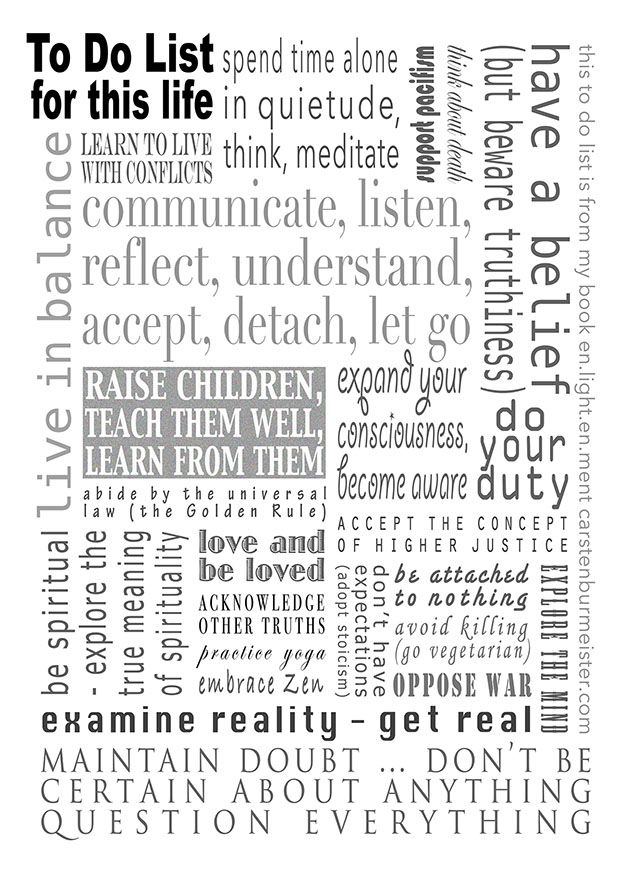738 What is Peace?

What is Peace?
The most outwardly state of peace is not having war. Outer peace requires to be safe and sound, with a roof over the head; food on the table; a satisfying occupation with enough income ... at least for the bare necessities. Peace entails having a future.
A crucial aspect of personal peace is to have a happy relationship with one's partner. All other relationships shall be in order, fulfilling and constructive: With one’s children and family (incl. mother in law); with friends and acquaintances (present and former). There shall be no conflict, tension or disharmony.
Inner peace requires an absence of desire (as opposed to the fulfilment of desires). This probably is only possible at an advanced age, when one’s paths (including career paths) have brought one to a place that offers a clear view of the world ... with the insight that striving for fame and fortune will bring only fleeting happiness (and the absence of same is met with a sanguine: I don’t mind what happens).
Ultimately peace is freedom. Jiddu Krishnamurti calls it Freedom from the Known. Gautama Buddha prescribes freedom from attachments. In Zen one strives for freedom from unnatural constraints. Such freedom comes with finding a moment, a place, where one can just be. Where one is secure and contented ... without wishing to be anywhere else, doing anything else or wanting anything else.
When striving for inner peace, I am challenged by the concept of ACCEPTANCE. However, when I apply the prime life rule of accept, detach, let go, I have peace.
